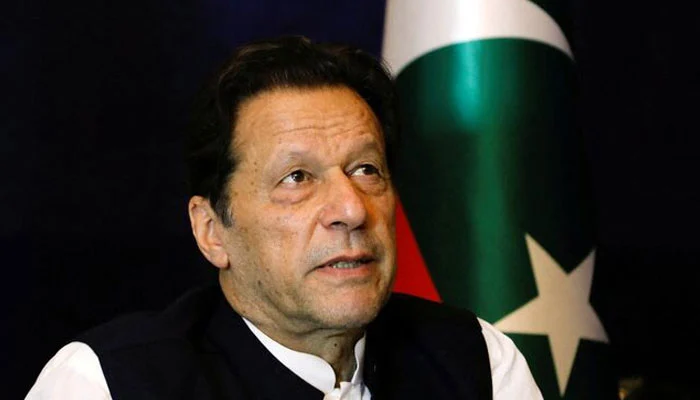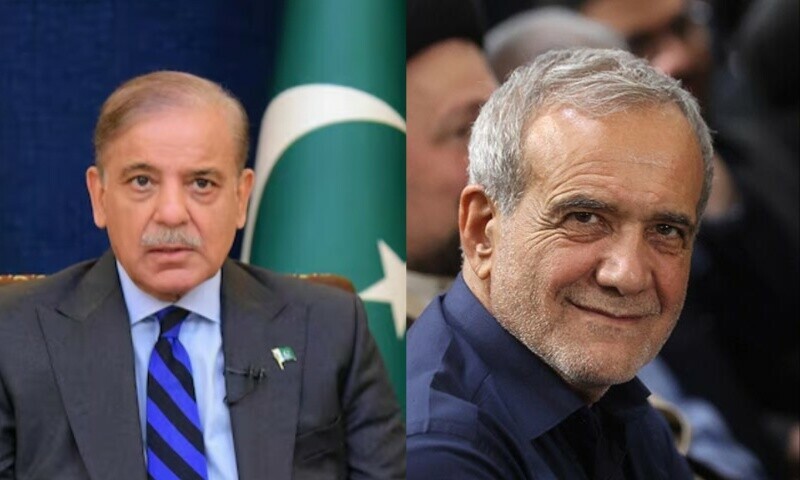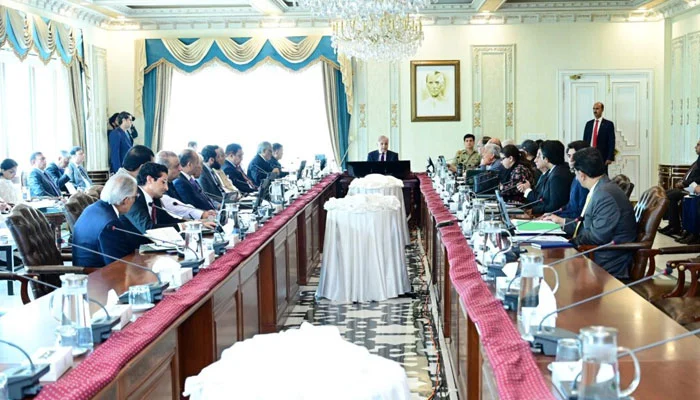
Angus Robertson said MSPs would be given a “route map to the referendum which we intend to hold next October” in the coming weeks.
It comes the day after the Scottish government published a paper setting out a “fresh” case for independence.
The UK government has said now is not the time for another vote.
First Minister Nicola Sturgeon has previously only said that she wants a referendum to be held before the end of next year – with a date in the autumn widely believed to be the most likely.
But Mr Robertson went further when he told the BBC’s Good Morning Scotland programme that the plan was to hold it in October 2023.
He insisted the timescale was realistic despite the government having not yet passed the legislation that would be needed.
It has also not yet formally asked the UK government to grant consent through what is known as a Section 30 order, or set out what it will do if that request is refused.
Mr Robertson said: “The first minister made clear yesterday she intends to make an announcement to the Scottish parliament in the forthcoming weeks about a route map towards a referendum, which we intend to hold next October.
“I am fully content with the prospectus beginning to be rolled out, with the announcements that will follow on the route map, about how that is going to be achieved, that we have a perfectly adequate window of opportunity both for legislation to be passed, for the opportunity for the people to scrutinise the prospectus the Scottish government will publish and also hold opponents to account.”
The Scottish government struck an agreement with the UK government ahead of the 2014 referendum which temporarily transferred the powers to hold the vote to Holyrood.
The UK government has repeatedly made clear that it will not do so again any time soon, with Ms Sturgeon saying on Tuesday she would soon make a “significant” announcement on what she will do if this stance does not change.
The SNP published an 11 point plan last year which said it could pass a bill in the Scottish Parliament even if it did not have an agreement with the UK government.
This would likely result in a legal battle between the two governments, with judges being asked to rule on whether or not Holyrood has the power to hold a legal referendum.
Even if the courts were to find in the Scottish government’s favour, opponents of independence could potentially boycott any referendum.
The SNP won the 2021 Holyrood election after making a promise to hold another referendum once the Covid crisis had abated in its manifesto.
Mr Robertson accused the UK government of “democracy denial”, and said he could see no reason for the UK government to deny a section 30 order, which he described as the “gold standard of holding a recognised, agreed, constitutional referendum.”
Mr Robertson added: “I’m not going to get into speculation of what happens a number of steps down the road, we still have the opportunity to secure a section 30 order.
“Scottish politics has a long history of UK governments going ‘no, no, no, yes’. That is what happened in the run-up to the referendum in 2014 and I still think we should work on the basis of the gold standard of democracy.”
Mr Robertson had been due to give a statement on the “benefits of independence” in the Scottish Parliament on Tuesday.
But the presiding officer refused to let him do so after accusing the Scottish government of disrespecting the parliament by giving details of its plans to the media before it had told MSPs.
A spokeswoman for the UK government said on Tuesday that “now is not the time to be talking about another referendum.”
She said the public expected both the Scottish and UK governments to work together to tackle the cost of living, protect energy security, and lead the international response against Russia’s invasion of Ukraine.
And Scottish Conservative MSP Craig Hoy said that the referendum could potentially be an “illegal vote”, if it was held without a section 30 order.
‘Now is not the time’
Scottish Conservative leader Douglas Ross told Channel 4 News on Tuesday that he would urge voters to boycott any “illegal referendum”.
The party’s chairman, Craig Hoy, told Good Morning Scotland that the vote would be illegal if it was held without a section 30 order.
He said: “This reckless push for another referendum will damage Scotland when all the focus should be on Covid recovery and the global cost-of-living crisis.
“The SNP are distracted by their obsession with independence once again. They’re focusing on the wrong priorities and setting back Scotland’s economy and public services as a result.”
He went on to state it was “a shameful dereliction of duty by the SNP government to focus on holding a referendum that the vast majority of Scottish people don’t want”.
Scottish Labour MSP Sarah Boyack accused Angus Robertson of “pie in the sky posturing”, and said the SNP was “plucking dates out of a hat for another divisive referendum” while some Scots faced the choice between heating and eating.
Meanwhile, a former advisor to both Nicola Sturgeon and her predecessor, Alex Salmond, has cast doubt on whether it would be possible to hold a referendum in the timescale put forward by Mr Robertson.
Campbell Gunn said: “We’re now 15, 16 months from when the referendum is likely to be held, we don’t have a section 30 order, it will probably end up in the courts.
“I just don’t see the timescale working for the SNP.”
The Scottish Parliament has already passed a Referendums Bill setting out some of the practicalities – like who can vote, how the count should be conducted and how the campaigns are regulated.
But a short bill setting out specific regulations, including the referendum date and question, would still need to be approved by MSPs.
The SNP has previously said it would like a six month gap between legislation passing and the vote taking place, so in theory there’s enough time for that.
The presiding officer of the Scottish Parliament has to rule on whether any legislation that’s brought forward is within Holyrood’s competence.
But there’s nothing to stop MSPs ignoring that ruling and debating and passing the legislation anyway.
However, any such bill would inevitably end up being challenged in the courts, taking the timetable out of the hands of politicians.
That didn’t happen last time because of the Edinburgh agreement, signed by then First Minister, Alex Salmond, and the then Prime Minister, David Cameron.
It granted a section 30 order, which temporarily transferred the powers to hold a referendum to the Scottish Parliament, putting the legality of the vote beyond doubt.
Any formal request for another section 30 order seems likely to be given short shrift by the UK government, which continues to argue that “now is not the time” for another referendum.
How the First Minister intends to navigate around that obstacle should become clear soon.
The SNP’s 11 point plan published last year suggested passing a bill and then vigorously opposing any legal challenge.
Nicola Sturgeon has said she will reveal a lawful way forward before Parliament’s summer recess.
There will be much interest in what she has to say.






